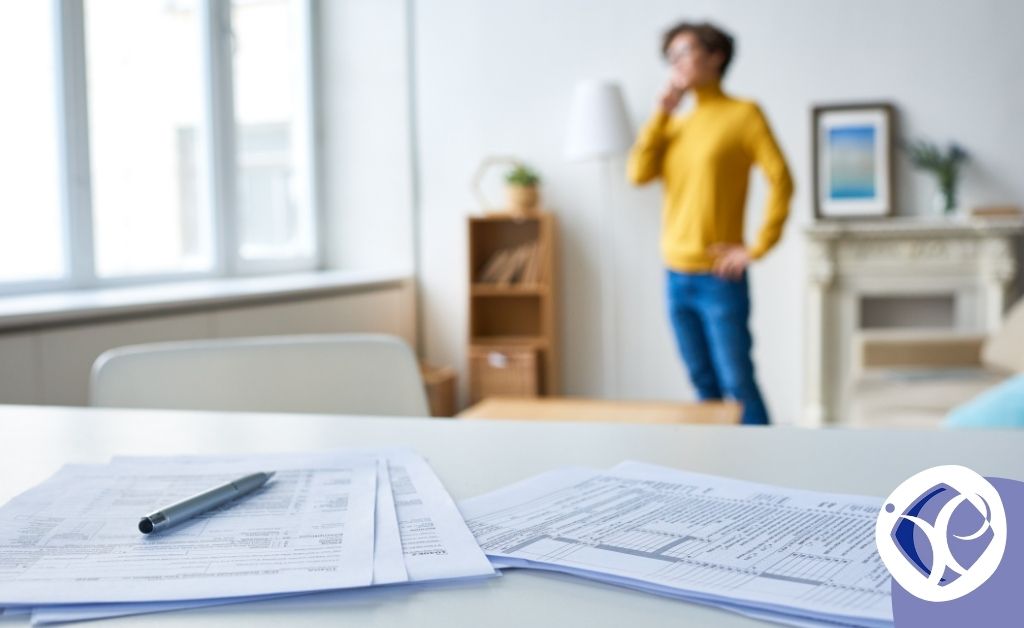As we approach the end of the tax year, make the most of your allowances while you can! Because they won’t all roll over.

(6 minute read)
Today’s tax tip is all about:
- Snapping up your allowances before the end of the tax year
- Wrapping your year up well
Income at the End of the Tax Year
All adults have a Personal Allowance of £12,570, you’ll face Income Tax on anything higher. Additionally, the allowance decreases when you reach an income of £100,000.
If you have a large income (over £125,140) you lose your Personal Allowance altogether.
However, you can claim some of this back by giving gifts to charity and making pension contributions.
You also have a dividend allowance of £2,000, so you can pay yourself a small salary and receive dividends that you won’t be taxed on.
Smart Savings
ISAs are currently one of the most tax-efficient ways to save.
You can deposit both cash and shares to appreciate over time, then enjoy tax-free income. The catch is that they’re designed for long-term savings so you will often incur penalties if you withdraw money too soon.
Adults can put up to £20,000 into ISAs during the 2021/22 tax year. The allowance doesn’t roll over so it’s good to use it fully before the end of the tax year.
You can use multiple ISAs at once, but the £20,000 limit is spread across them all.
For example: If you set up a Lifetime ISA (max. deposit £4,000 per annum) and a Junior ISA (max. deposit £9,000 per annum) and use them fully, you’ll still have £7,000 left to deposit elsewhere.
You should consider setting up a Flexible ISA to use up the rest of your allowance.
Depending on your tax band, you may also benefit from a Personal Savings Allowance of £1,000.
Investing at the End of the Tax Year
There are multiple investment schemes that offer attractive tax incentives for investors.
The Enterprise Investment Scheme offers 30% relief from Income Tax on up to £1m invested. Even better, if you hold the shares for three years, you won’t have to pay CGT if the company you invested in grows! (Loss relief is available if it doesn’t work out)
The Small Enterprise Investment Scheme offers similar tax perks, with 50% Income Tax relief (with a more modest £100,000 investment per year), no CGGT if you hold the shares for three years and loss relief.
This scheme also features CGT reinvestment relief so you can reclaim half of a CGT liability as long as you reinvest within the same year.
An alternative to these schemes is a Venture Capital Trust. This is a company that invests in smaller companies. If you choose this route, you enjoy up to 30% relief from Income Tax, no taxes on dividends and no CGT.
CGT exemption: you get an annual £12,300 per year that you can’t carry forward. Realise some of your gains by the end of the tax year if you can to offset CGT liabilities in the future.
Pensions and Inheritance
In 2021/22, the standard pension allowance is £40,000. This means you can tuck £40,000 away in a pension and attract tax relief.
Unused pension allowance rolls over for up to three years, so if you haven’t consistently used it up, your allowance may be higher.
Your allowance may be lower if you are a high earner.
If you aren’t yet 75 and your pension is larger than £1,073,100 (your Lifetime Allowance) you should consider withdrawing some of the fund to keep it tax efficient. This is complicated and you should speak with a specialist before doing so.
For those building an Inheritance Tax strategy, you can give £3,000 in gifts annually and the value will fall out of your estate. This will help reduce the size of your estate and net you a smaller IHT bill later.
Planning Ahead
With the end of the tax year on the horizon, now’s the best time to review your fiscal position.
Many allowances and reliefs don’t roll over, so time is limited if you want to claim them!
Want to make the most out of your money but not sure how?
Call us today at 01772 788200, or WhatsApp us out-of-hours at 07787 010190. Sending an e-mail is simple too, just fill out the short form below and we’ll get back to you!
Kind regards Ilyas
